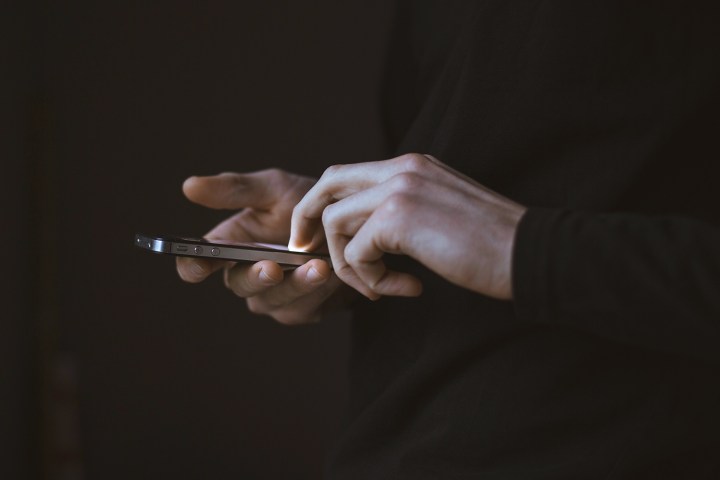
But the FBI is still analyzing the information, a law enforcement source told CBS News.
Apple refused a court order demanding it to create a backdoor into the iPhone, which would have allowed the FBI to access suspected terrorist Syed Farook’ personal information stored within. The Cupertino company said it would threaten the privacy and security of its customers, as the special code used to bypass the iPhone’s security could get into the wrong hands.
But the FBI dropped the case as it was able to access the phone after it paid professional “gray hat” hackers a flat fee to unlock the device. Apple still wants to know how the hackers got past its security, but the company won’t sue the government to find out.
Apple was planning to find the technique through legal discovery in a New York drug related case, but it appears that the technique is under the legal ownership of the hackers the FBI paid, according to Reuters.
We reported earlier this month that the method could be revealed through the Vulnerabilities Equities Process — a White House review group decides whether government-discovered security flaws should be disclosed to companies or the public. But Obama administration sources reportedly told Reuters that the process will likely not apply in the San Bernardino case, as it was a third-party group that discovered the flaw.
FBI Director James Comey said recently the bureau is still deciding if it should disclose the method.
“We tell Apple, then they’re going to fix it, then we’re back where we started from,” Comey said. “We may end up there, we just haven’t decided yet.”

